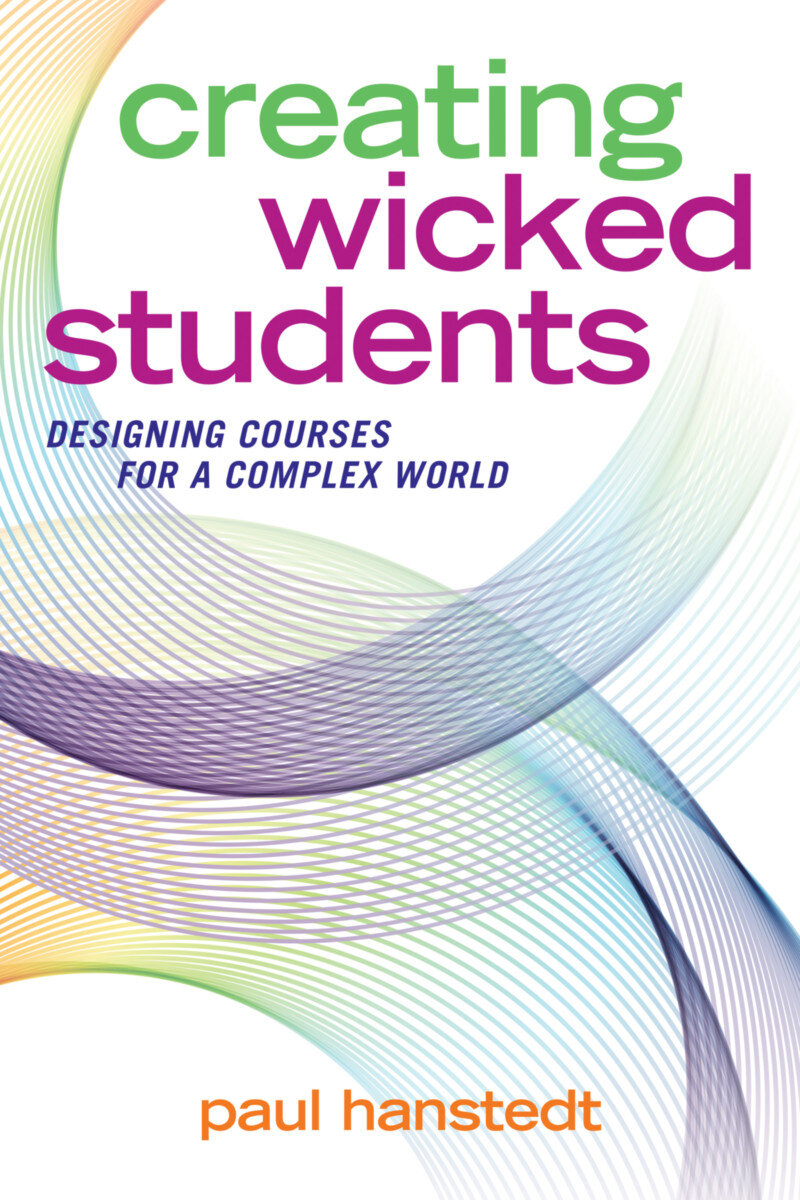Free Content. Subscription Services. Customized Workshops.
To view a distillation click on the book cover or Read More link below the excerpt. Not sure how to use the distillations to improve your practice, learn more about them on our Distillations Explained page.
To find another book, return to the Book Search page.
Think Again
In Think Again, Grant advocates for the power of rethinking. Instead of prosecuting, preaching, or politicking, Grant proposes we think more like scientists, having values and standards but also allowing curiosity to drive our thinking rather than remaining fixed in rigid beliefs.
Dive into Inquiry
Want to help students find their passion? Dive into Inquiry has the prompts to help. Want to open up the ways students do research and collect data? There are examples here for you. Want to demonstrate learning in public and in new ways? You guessed it… you will be guided on that front as well.
Nudge
Nudge is a great book for teachers and administrators to read as we want to guide children towards learning a bit easier. If we see ourselves as “choice architects” more and purveyors of knowledge less, our students will certainly be better off. This is a great read for any educator looking to set up relevant choices for their students and/or teachers.
How to Think Like Shakespeare
How to Think Like Shakespeare is certainly a unique book. Thoughts about why thinking is important (as opposed to feeling or doing) and what it looks like in different contexts is merged with quotes from Shakespeare, his contemporaries, and Shakesperian scholars. Perspectives on thinking from the lens of craft, location, imitation, attention, technology, and constraint will all support the larger theme that foundational knowledge and deep conversation will always be imperatives to improving thinking.
Powerful Teaching
Powerful Teaching takes the reader through a journey to develop a deeper understanding of powerful teaching strategies by exploring cognitive science research. These scientifically-based strategies apply to all grade levels and content areas and can be implemented without additional preparation, resources, or required time for grading.
Understanding How We Learn
Weinstein and Sumeracki, two cognitive psychologists and hosts of The Learning Scientists blog have made an easy-to-digest guide for educational practitioners to become familiar with the tenets of memory and learning in Understanding How We Learn. They primarily focus on practical advice for incorporating these best practices in the classroom. A must-read for any teacher at any level.
Stretch
Stretch by Scott Sonenshein will encourage you to do more with less...and then show you how to do it. Concepts such as chasing, stretching, and being cognitively entrenched, combined with cautionary tales (Gerber singles, anyone?) and success stories (Yuengling and the book Green Eggs and Ham) to frame why it’s important to think more about “stretching” than “chasing.”
Range
David Epstein uses Range to convince the reader that it may in fact be the generalists who add more value as the world becomes more and more complex. His basic premise is that for complex problem-solving and decision-making, it is often those with broad experience and diverse backgrounds who fare better (e.g., professionals with hobbies outside of their profession).
Got Data? Now What?
Are you leading a school and know that data should be a more integral part of the decision-making process? If so, Got Data? Now What? may just scratch that itch. You will be warned of the pitfalls, walked through the protocols, and told step-by-step what to do to maximize your time and energy while turning data into decisions.
Creating Wicked Students
In Creating Wicked Students, Paul Hanstedt presents methods and strategies for assisting students in solving “wicked problems”– situations where the parameters of the problem and the means available for solving them are changing constantly. To prepare students to apply what they are learning in the classroom to create change in a wickedly-good, but ever-changing and challenging world.
How Children Succeed
What if the educational emphasis on cognition and ability was all a mistake? What if we focused on developing persistence, self-control, and curiosity instead of cognitive skills? In How Children Succeed, Paul Tough argues that teaching soft skills might be more important than the traditional educational curriculum.
Drive
If you are interested in motivation for yourself, your students, or those you lead, you will find plenty of ideas and research in Drive. Daniel Pink sandwiches mastery, autonomy, and purpose in between his call for new methods of motivating and toolkits to do so. A masterful combination of history, research, and theory will be a joy for anyone interested in motivating themselves or others.
The Practicing Mind
As teachers, it is important to not only teach others how to learn but also how to be lifelong learners ourselves. In his book The Practicing Mind, Thomas Sterner highlights ways to transform the way we practice and think about learning.
Future Driven
David Geurin’s Future Driven reads like he's been paying close attention to the education reform movement for the past decade, written down what he's learned on scraps of paper, and then compiled them into a book.
Different Schools for a Different World
Different Schools for a Different World is a quick read for anyone who needs convincing or reminding why traditional education hasn’t, and isn’t, working. Links to organizations doing great work, the TRUDACOT model for tech integration, and examples of deep learning schools at the end are all handy. Use them to remind us that there are tools and examples for us to tap into for inspiration and guidance.















